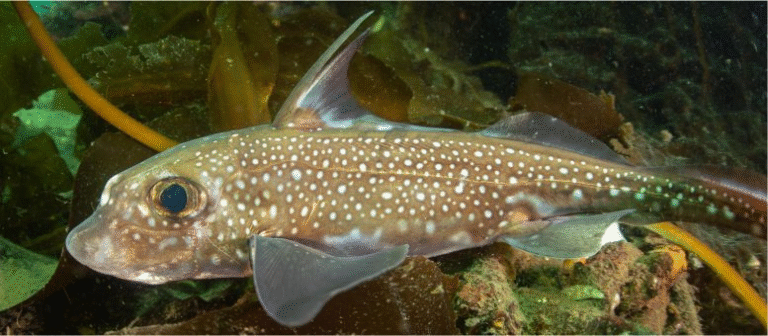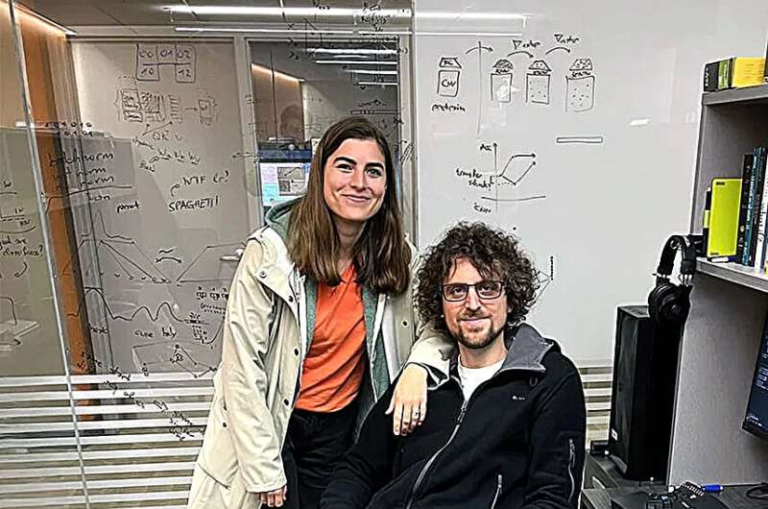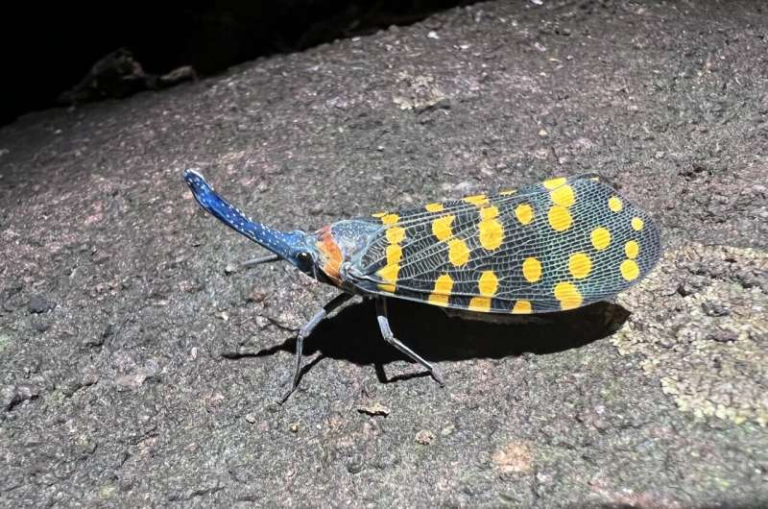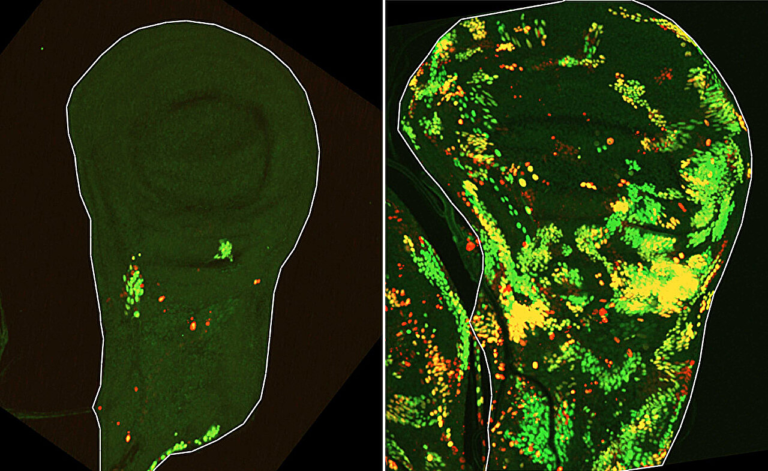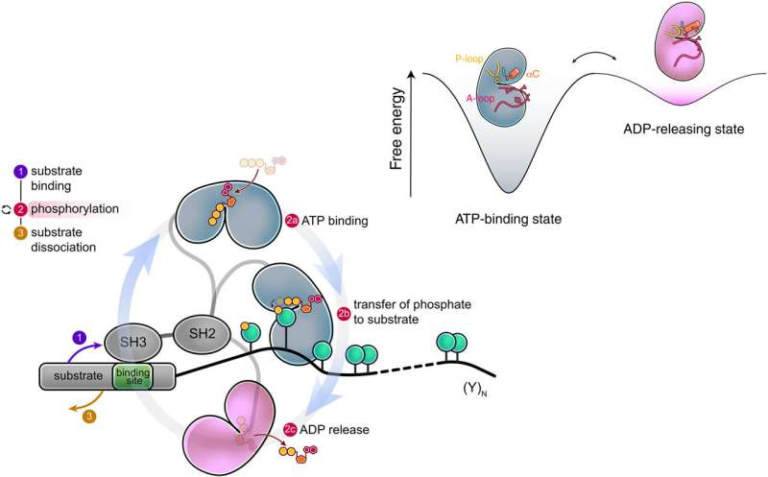New Gene-Enhanced Orange Trees Show Strong Tolerance to Citrus Greening and Could Save Florida’s Citrus Industry

Citrus greening, also known as Huanglongbing (HLB), has been one of the most devastating plant diseases to ever strike agriculture—especially in Florida, where the state’s iconic orange groves have suffered catastrophic losses over the past two decades. But now, scientists at the University of Florida’s Institute of Food and Agricultural Sciences (UF/IFAS) have developed a new type of citrus plant that may offer real hope.
This breakthrough plant, called NuCitrus, has been genetically modified to include a protein from another plant species—Arabidopsis thaliana. The protein, known as NPR1, activates the plant’s natural defense system, allowing the orange trees to fight off the disease’s damaging effects. The key here is that the new trees are tolerant to citrus greening, not fully resistant—but that tolerance might be enough to save the struggling citrus industry.
Understanding Citrus Greening
Citrus greening is caused by a bacterium called Candidatus Liberibacter asiaticus (CLas), which is spread by a tiny insect known as the Asian citrus psyllid. Once infected, trees suffer yellowing leaves, bitter or misshapen fruit, dieback, and ultimately death. There’s no known cure, and traditional control measures—like removing infected trees or spraying for psyllids—haven’t been enough.
Florida has been hit especially hard. Since the disease appeared in the early 2000s, orange production has dropped by over 90%, putting countless growers out of business. Scientists worldwide have been searching for a solution that could either block or mitigate the effects of HLB, and this is where UF’s new research comes in.
The Science Behind NuCitrus
To create NuCitrus, researchers led by Dr. Zhonglin Mou, a plant immunity expert, and Dr. Eric Triplett, a microbiologist and department chair at UF/IFAS, inserted the Arabidopsis NPR1 gene into a common orange variety called Hamlin. The result was a citrus tree capable of activating its own internal defense pathways more effectively when faced with infection.
Here’s what makes this protein so special: NPR1 plays a key role in systemic acquired resistance (SAR)—a mechanism that helps plants “remember” an infection and fight it off faster and stronger next time. It’s a natural protein, already present in many everyday vegetables like broccoli and cauliflower, and is perfectly safe for humans and animals.
Tests showed that the AtNPR1 protein levels in NuCitrus fruit were extremely low—barely detectable. Simulated digestion studies confirmed that the protein breaks down quickly in the stomach, just like proteins from other foods. Moreover, the protein was found to be non-toxic, even to the bacteria that cause the disease.
Tolerant, Not Resistant
It’s important to understand the distinction between tolerance and resistance in plant science. Resistance means the plant blocks or prevents infection altogether. Tolerance means the plant can still be infected, but it doesn’t show serious symptoms—the tree stays healthy, the leaves remain green, and the fruit quality and yield stay high.
In field and greenhouse trials, NuCitrus trees exposed to HLB showed only mild or no symptoms. They kept producing high-quality fruit, while traditional trees in the same environment often became stunted or died. The researchers describe this as a strong tolerance, which, combined with good grove management practices, could allow farmers to produce oranges profitably again even in areas where greening is widespread.
Safety and Environmental Assessment
Because this is a genetically engineered (GE) crop, it must go through extensive safety reviews before commercial release. The U.S. Department of Agriculture (USDA) has already granted a permit for experimental use, allowing yield trials and further field testing.
According to the USDA’s Animal and Plant Health Inspection Service (APHIS), the added protein is safe for humans, animals, and the environment. It’s not a pesticide, doesn’t produce toxins, and doesn’t alter the fruit’s nutritional profile. The Environmental Protection Agency (EPA) and the Food and Drug Administration (FDA) are also reviewing the product, with approvals for commercial use expected within the next two years.
Researchers also emphasized that because NPR1 doesn’t kill the disease-causing bacteria directly, it’s unlikely to promote bacterial resistance, which can sometimes be a problem with antibiotic or chemical treatments.
Scaling Up and What Comes Next
UF/IFAS scientists are now working with local nurseries to propagate large numbers of NuCitrus plants for wider testing and eventual distribution to growers. The process takes time because citrus trees grow slowly and must be produced under pathogen-free conditions.
Once regulatory approval is in place, growers will be able to purchase these new trees, which could dramatically change the landscape of Florida’s citrus groves. Dr. Triplett noted that NuCitrus could become a valuable tool when used in well-managed groves—that means combining the new tolerant plants with good nutrition, psyllid control, and soil management.
While it’s not a magic bullet, this technology represents the most significant progress in decades against a disease that once seemed unstoppable.
Why This Matters Beyond Florida
HLB isn’t just a Florida problem. The disease affects citrus-growing regions around the world, including parts of Texas, California, Brazil, China, and India. If NuCitrus or similar approaches can be adapted to local varieties, they could help revive citrus industries globally.
For instance, countries like India, where citrus crops like sweet lime and mandarin are essential to rural economies, could benefit immensely. However, genetically modified (GM) crops face complex regulatory hurdles in many regions. Each country will have to evaluate the safety and acceptability of such crops before farmers can plant them commercially.
The Bigger Picture: Using Genes for Plant Immunity
The NPR1 discovery also highlights a broader trend in agriculture—using natural plant genes to boost disease tolerance instead of relying solely on chemicals. NPR1 is one of many defense-related genes being studied in different crops.
Similar approaches are being explored in rice, wheat, and tomatoes to help plants better resist fungal, bacterial, and viral pathogens. These genetic enhancements don’t necessarily create “super plants” that never get sick; instead, they help plants manage disease naturally, reducing the need for chemical treatments and improving sustainability.
As climate change increases disease pressure worldwide, these strategies could become a cornerstone of future crop resilience.
Challenges Ahead
Despite the success of NuCitrus in trials, several hurdles remain:
- Regulatory approval must still be obtained from both the EPA and FDA before farmers can grow and sell the fruit commercially.
- Public perception of genetically modified foods remains mixed, though NPR1 is a naturally occurring protein found in common vegetables.
- Field performance across diverse climates and long time periods will need to be confirmed through continued monitoring.
- Scalability will take years—propagating millions of trees, training growers, and integrating these plants into existing supply chains is no small task.
Still, with the Florida citrus industry on the brink, most experts agree that doing nothing isn’t an option. If NuCitrus performs as expected, it could mark a turning point in the fight against citrus greening.
A Hopeful Future for Citrus Growers
For the first time in years, there’s genuine optimism among citrus scientists and farmers. Instead of focusing on eradicating the disease—which has proven nearly impossible—the new strategy focuses on helping the plant live with it.
That shift in thinking could redefine how we approach plant diseases in general. Instead of constant chemical warfare, scientists are finding ways to strengthen crops from within. The development of NuCitrus is a reminder that sometimes, the solution isn’t to fight nature, but to work with it.
If all goes well, the first NuCitrus orange juice could reach consumers within the next few years—a remarkable comeback story for one of America’s most beloved fruits.
Research Reference:
Risk Evaluation and Molecular Characterisation of AtNPR1 Transgenic Citrus Lines Tolerant to Citrus Greening Disease – Plant Biotechnology Journal (2025)

